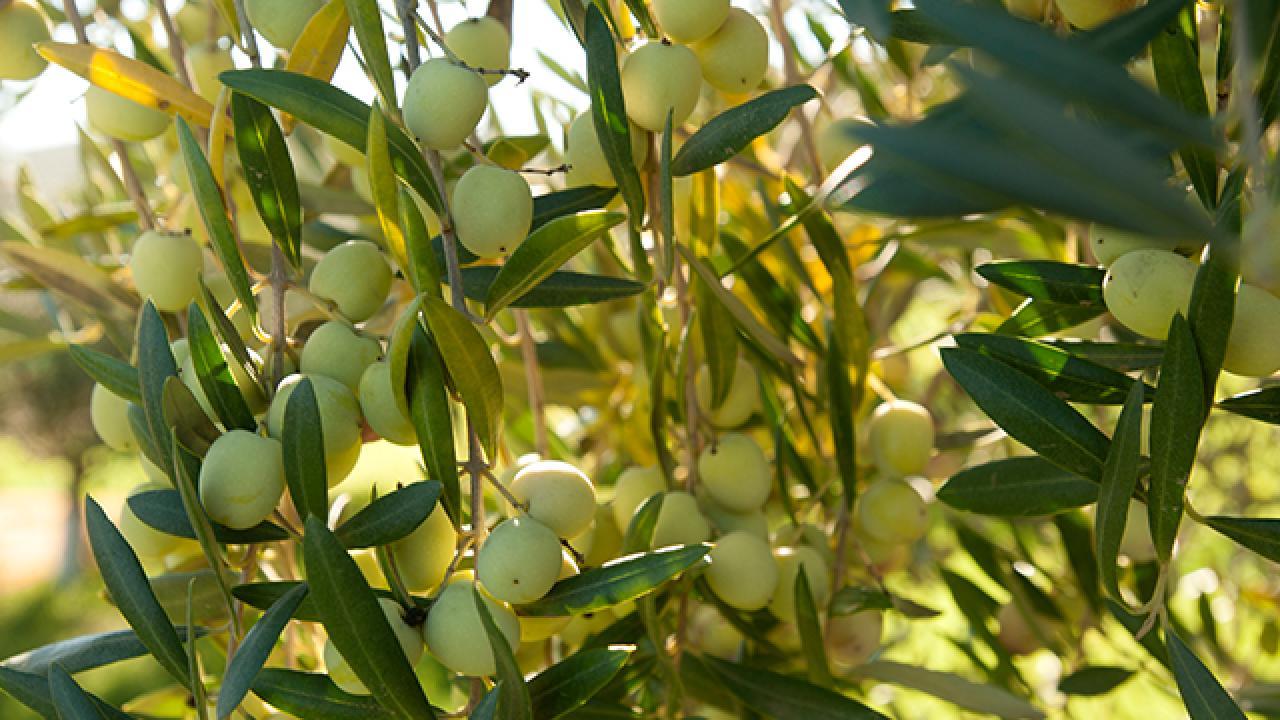
Revamped, Robust UC Davis Olive Center Classes Starting in June
After a two-year pandemic break, in-person classes are resuming
Schedule of future classes
Growing Olives for Oil class – July 15-16
Summer Youth Olive Education, Aug. (TBD)
Olive Oil Master Milling class – Sep. 15-17
Table Olive class – Oct. 21-22
From UC Davis News and the College of Agricultural and Environmental Sciences
The UC Davis Olive Center is back from a pandemic break and offering a slate of new and modified in-person courses for beginning and intermediate producers, growers and others interested in olive oil and table olives.
The courses have been revamped and updated to include new developments and technologies available to the industry.
“In our sensory evaluation class, we start with understanding what good oil is and how to develop your oil profile, before even planting one tree in the ground,” Olive Center Executive Director Javier Fernandez-Salvador said. “You will leave knowing how to make the best decisions for your product.”
A robust pool of instructors – from business, industry, academia and marketing – will lead sessions, field trips and other activities.
“We are creating our new class offerings, based on stakeholder needs, including people who are new to the industry,” he said. “We want to reach anyone who hasn’t grown olives before, so they can learn the different aspects of production and start on their journey to be a part of the industry.”
Starting with the senses
A sensory class begins in June with courses on growing, milling and modern table olive production to follow. A new culinary focused summer class for teens will also be offered.
The Introduction to Sensory Evaluation of Olive Oil classes offer a new take on a popular longtime course. Among the olive oil topics – official tasting techniques, positive attributes, standards, health, nutrition and world flavors.
Identifying defects, how to avoid them and learning “the important things that you do on the farm and in the mill, that will affect flavor and profile” are part of the curriculum. More than 50 olive oils from California and around the world will be available for tasting, Fernandez-Salvador said.
The Center is also offering a deluxe enrollment package that includes professional tasting glasses, a take-home sensory panel containing samples of defective oils that attendees can use for reference and practice after the course.
Growing, milling and more
Growing Olives for Oil will detail best practices and focus on growing medium-density high quality olives, in addition to other growing systems. Most of California’s current crops are super high density.
The Summer Youth Olive Education session will feature chefs, cooking instruction, sensory learning and tasting, lessons on crop production and insects, as well as other aspects of life among the olives. “We’re going to start training olive connoisseurs from a young age and make it very fun for them,” he said.
The Olive Oil Master Milling Class will detail new technologies and ways to improve production quality.
A Table Olive class will focus on modern production methods. “Most table olives grown in California are harvested by hand, from old trees that are overgrown,” Fernandez-Salvador said. This class looks at modernizing the crop by using high-density growing, smaller trees and machinery for harvest.
“What we will do in this class is teach people interested in growing table olives about these innovative systems, in collaboration with our industry partners,” he said.
Registration for the Introduction to Sensory Evaluation of Olive Oil class, which costs $950 to $1350 depending on your package, is now open.
Media Resources
- Adele Amico-Roxas, UC Davis Olive Center, adamicoroxas@ucdavis.edu, 530-752-4284
- Emily C. Dooley, College of Agricultural and Environmental Sciences, ecdooley@ucdavis.edu, 530-650-6807
